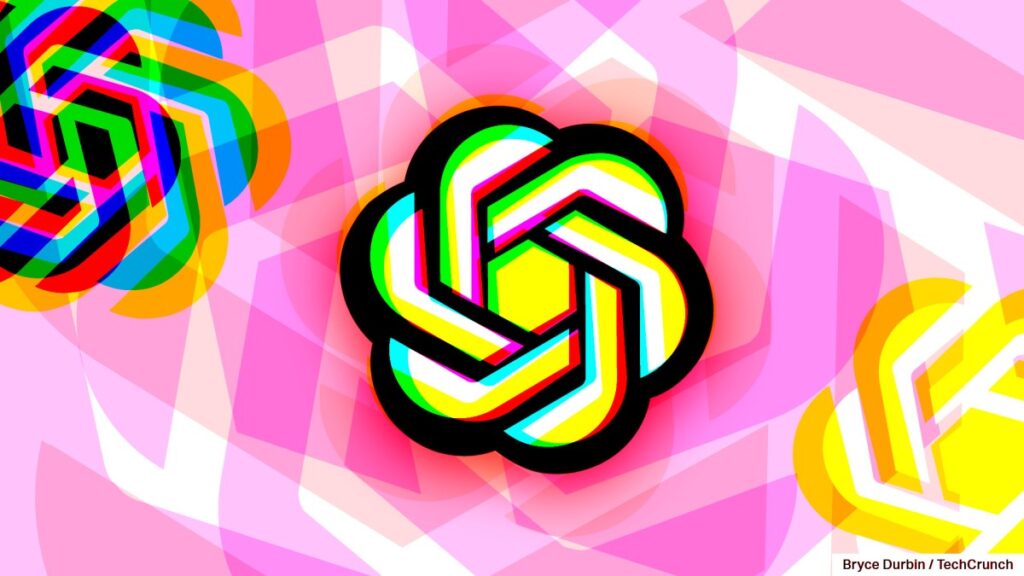One of the co-leads on OpenAI’s video generator, Sora, has left for Google.
Tim Brooks, who was heading development on Sora with William Peebles, announced in a post on X that he’ll be joining Google DeepMind, Google’s AI research division, to work on video generation technologies and “world simulators.”
“I had an amazing two years at OpenAI making Sora,” Brooks wrote. “Thank you to all the passionate and kind people I worked with.”
Google DeepMind CEO Demis Hassabis welcomed Brooks in a reply on X, saying that he’ll help to “make the long-standing dream of a world simulator a reality.” World simulator is a rather vague phrase — and poorly defined — but DeepMind has applied it to models like its recently released Genie, which can generate playable, action-controllable virtual worlds from synthesized images, real photos, and even sketches.
Here’s how DeepMind researchers explained it in a 2023 paper: “Applications of a real-world simulator range from controllable content creation in games and movies to training embodied agents purely in simulation that can be directly deployed in the real world.”
Brooks was one of the first to work on Sora, having kickstarted the project at OpenAI in January 2023. On his LinkedIn, Brooks claims to have spearheaded the project’s research direction and model training.
His departure comes as Sora, which has yet to be released, reportedly suffers from technical setbacks that position it poorly against rival systems from Luma, Runway, and others. Per The Information, the original system, revealed in February, took more than 10 minutes of processing time to make a 1-minute video clip. OpenAI is in the process of training an improved Sora that could quickly make clips, sources tell The Information.
Google has its own video generation model, Veo, that it unveiled this spring at its annual I/O developer conference, and which will soon come to YouTube Shorts, YouTube’s short-form video format, to let creators generate backgrounds and six-second clips.
Aside from tech-related hurdles, OpenAI has appeared to cede vaulable partnership ground to video generation challengers in recent months. Earlier this month, Runway signed a deal with Lionsgate, the studio behind the “John Wick” franchise, to train a custom video model on Lionsgate’s movie catalog. Roughly a week later, Stability, which is developing its own set of video generation models, recruited “Avatar,” “Terminator” and “Titanic” director James Cameron to its board.
OpenAI was said to be meeting with filmmakers and Hollywood studios earlier this year to demo Sora — ex-CTO Mira Murati attended Cannes — and the company has teamed up with a number of independent directors and some brands to showcase the system’s capabilities.
However, OpenAI has yet to announce a long-term collaboration with a major production house.
Brooks — who, in a curious turn of events, is actually returning to Google, having once worked on the company’s Pixel phones — is the latest in a string of high-profile resignations from OpenAI.
CTO Mira Murati, chief research officer Bob McGrew, and research VP Barret Zoph announced their departures in late September. Prominent research scientist Andrej Karpathy left OpenAI in February; months later, OpenAI co-founder and former chief scientist Ilya Sutskever quit, along with ex-safety leader Jan Leike. In August, co-founder John Schulman said he would leave OpenAI. And Greg Brockman, the company’s president, is on sabbatical.
This article was originally published by a techcrunch.com . Read the Original article here. .


